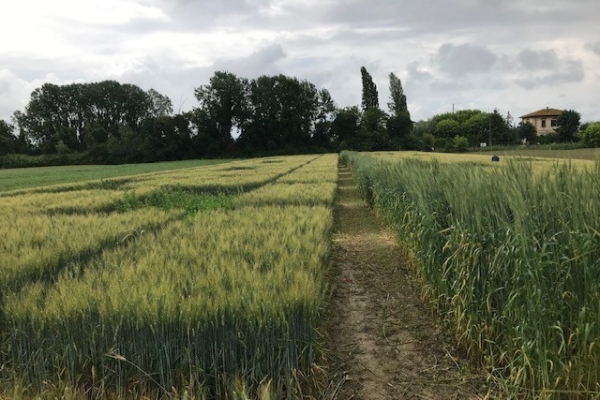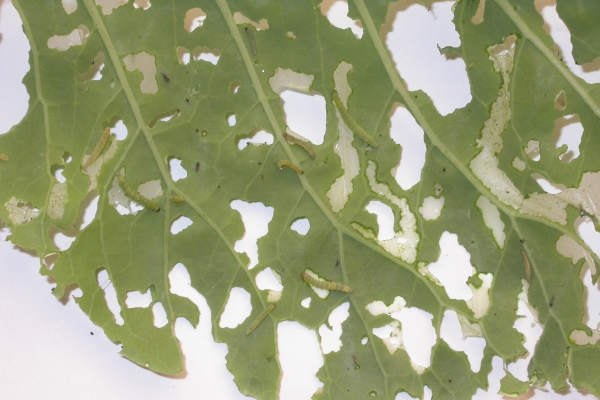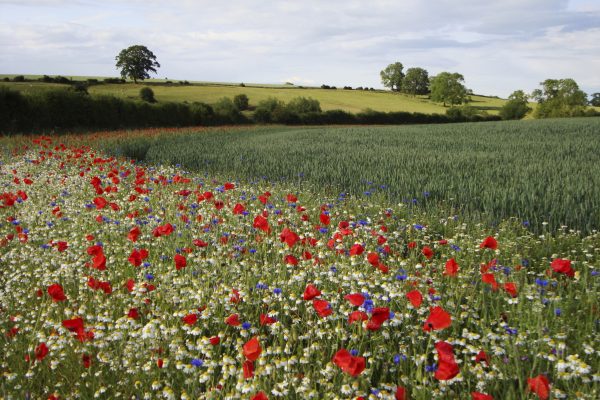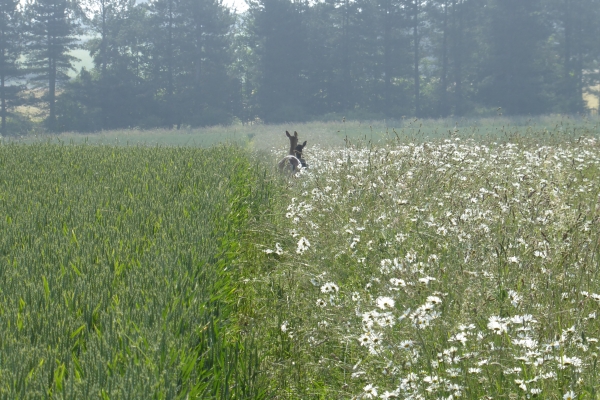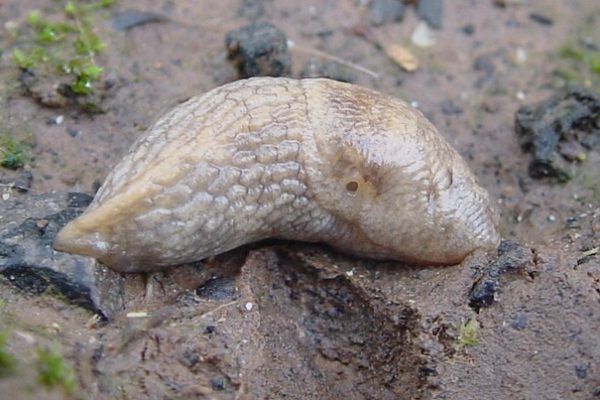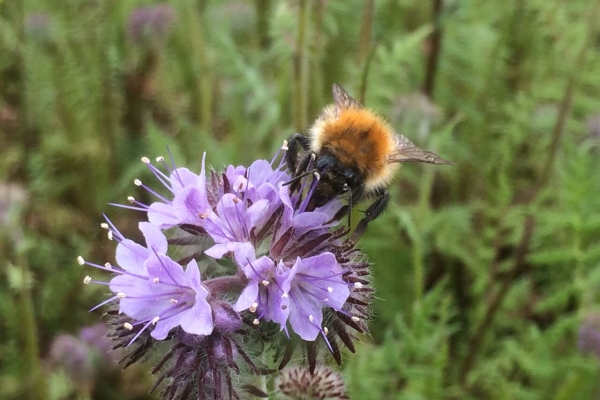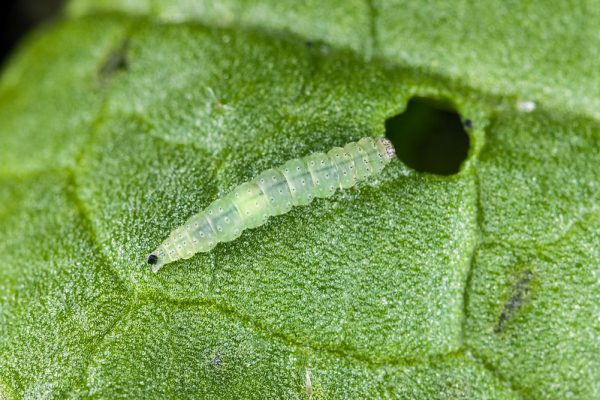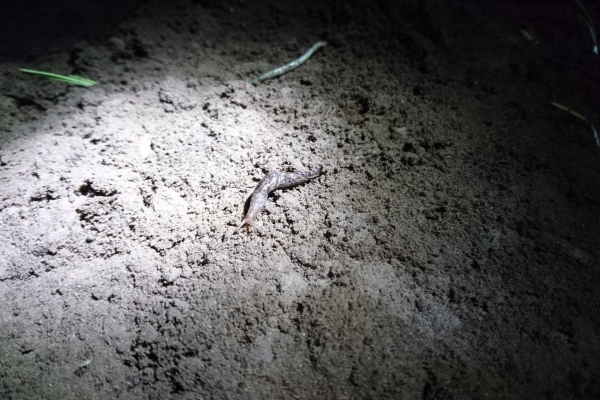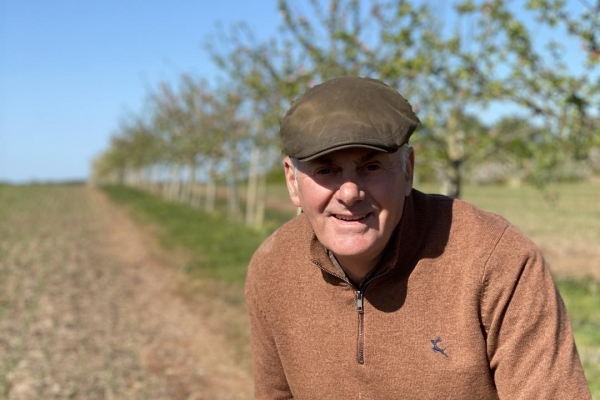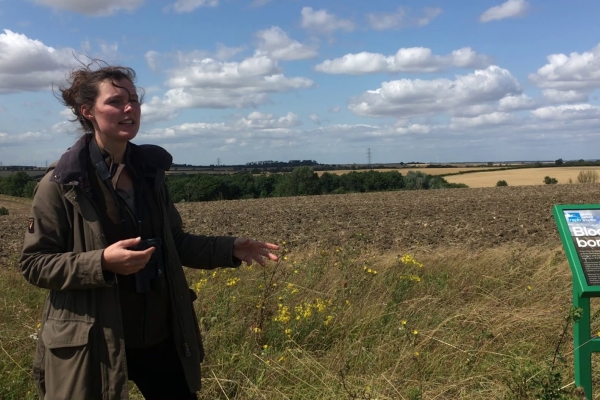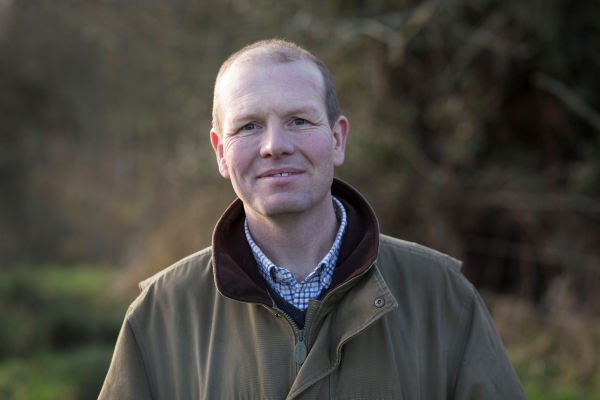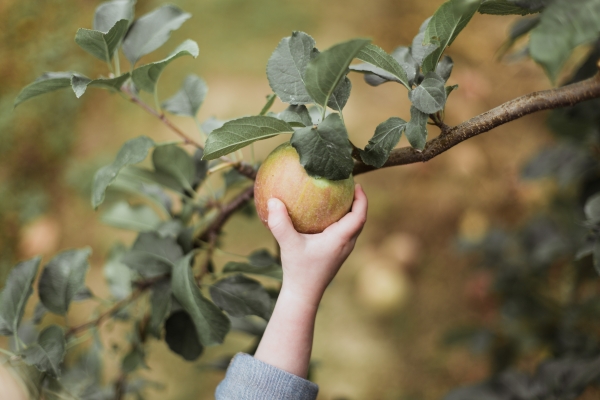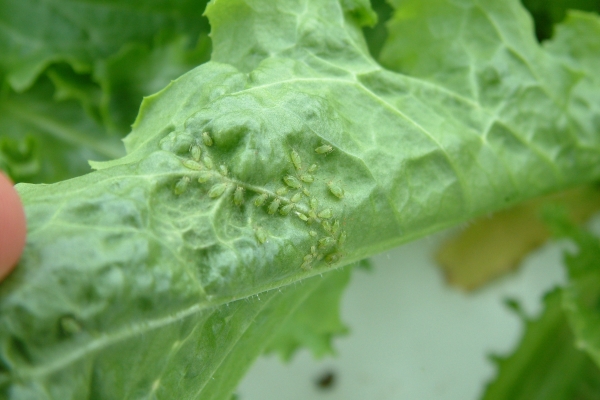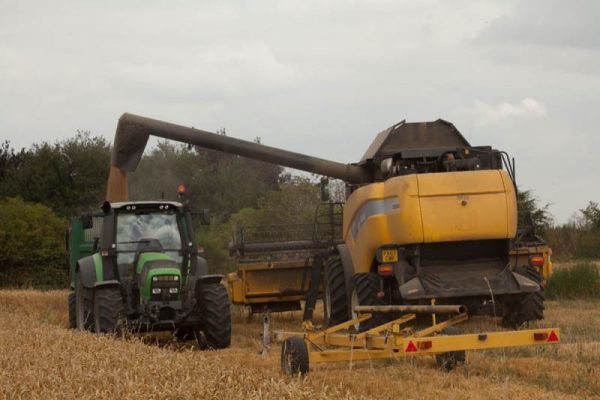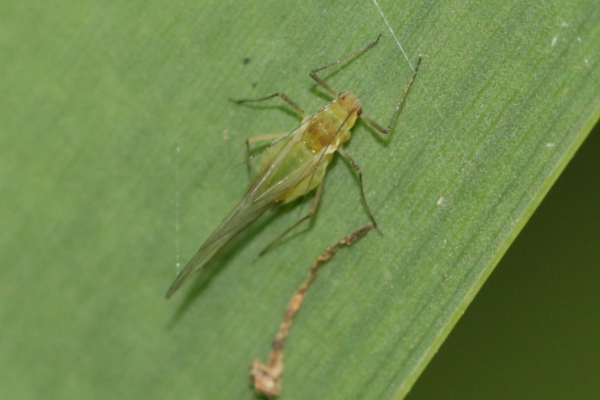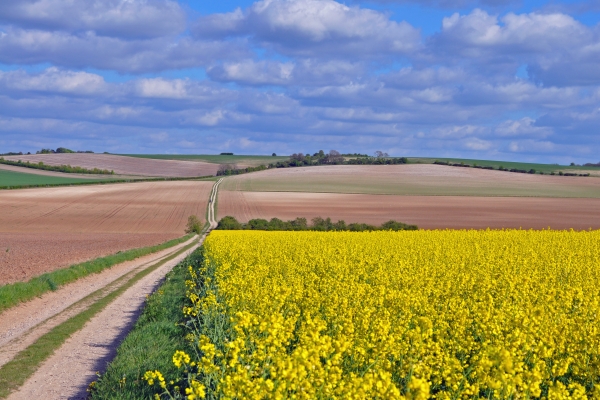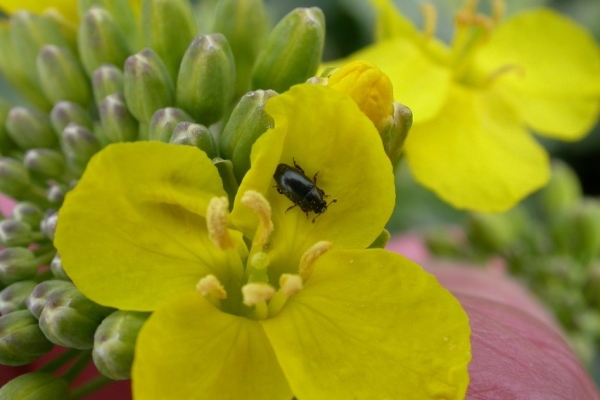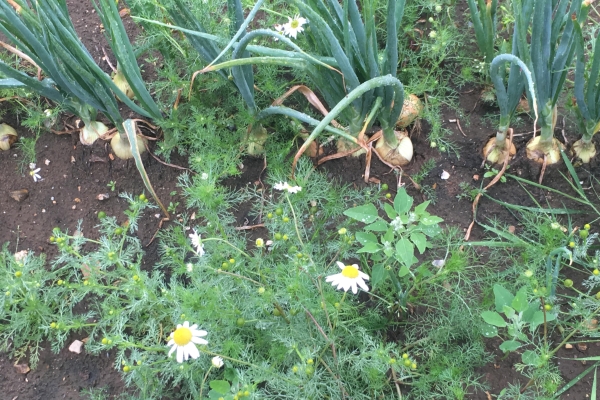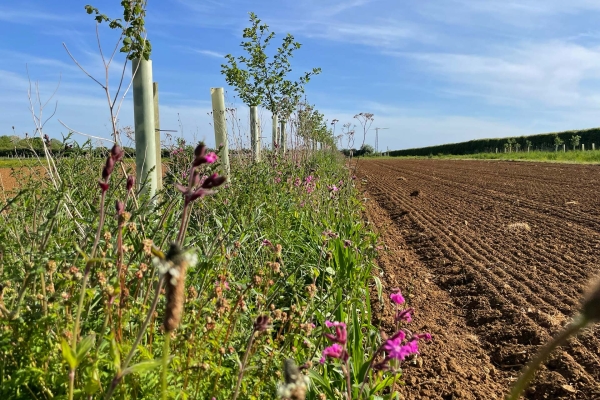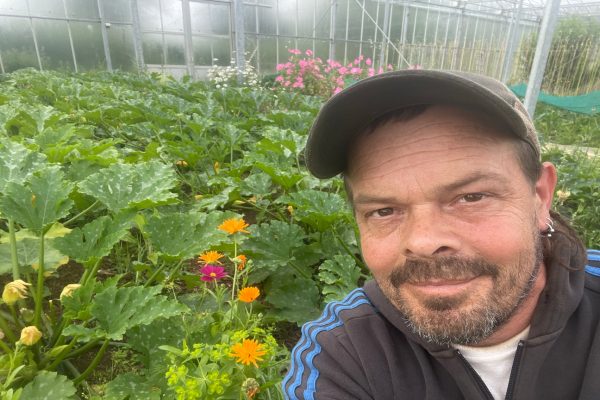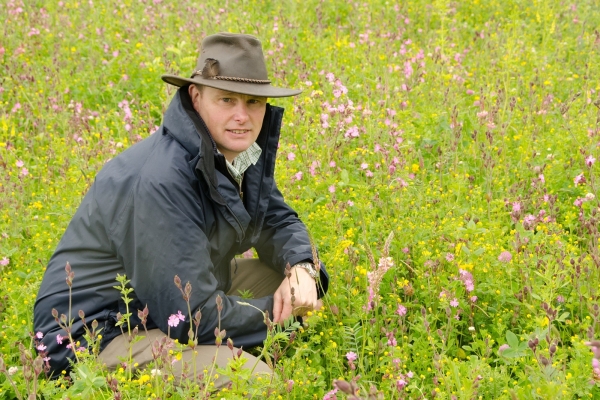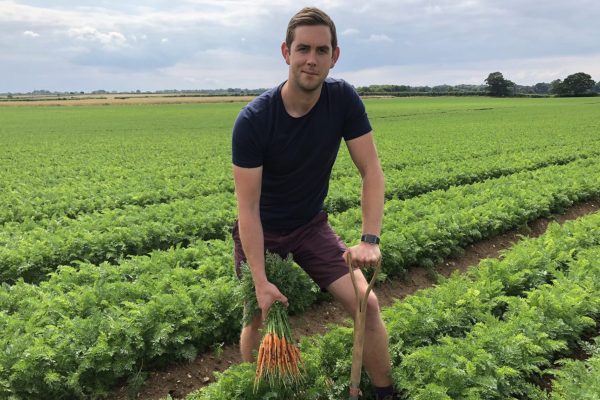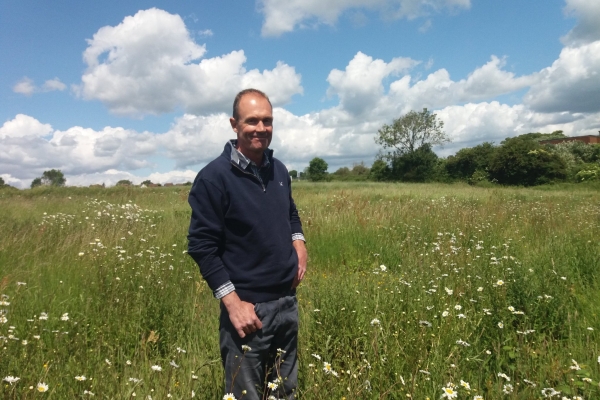IPMWORKS Resource Toolbox
Resource explained
The IPMWORKS Resource Toolbox is an interactive, online library of integrated pest management (IPM) resources designed for farmers and advisors developed as part of the IPMWORKS project. The Toolbox is effectively a search engine. It allows users to discover relevant IPM resources from sources across Europe. It contains a range of different topics and resources including;
- alternative agronomic practices
- decision support systems
- case studies
- economic analysis
- training guides
- links to past and current IPM initiatives
The Toolbox was designed based on feedback from farmers, advisors and other stakeholders from across Europe, and is available in several languages. It is built on an open-source content management system, and can be easily expanded to integrate resources from any IPM initiatives. Critically, this means that as new resources are developed and added to external databases, they will also be accessible through the Toolbox.

Findings & recommendations
- Farmers and their advisors are looking for new ways to improve crop protection while working towards more holistic approaches to integrated pest management (IPM). The IPMWORKS Resource Toolbox aims to make it simpler to access resources that support this advance.
- Use the IPM WORKS Toolbox to search for and find all types of resources relating to IPM.
- Project outputs from EU-wide IPM projects as well as case studies, economic assessments, training content and more are available for farmers and growers to use.


